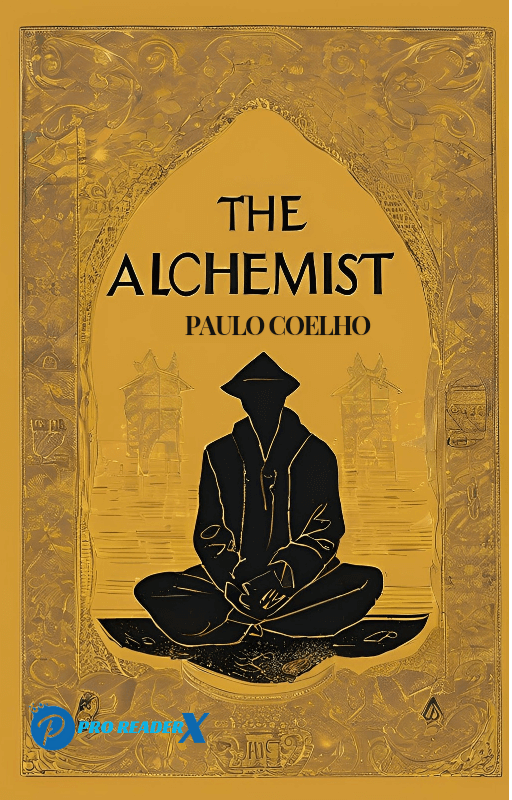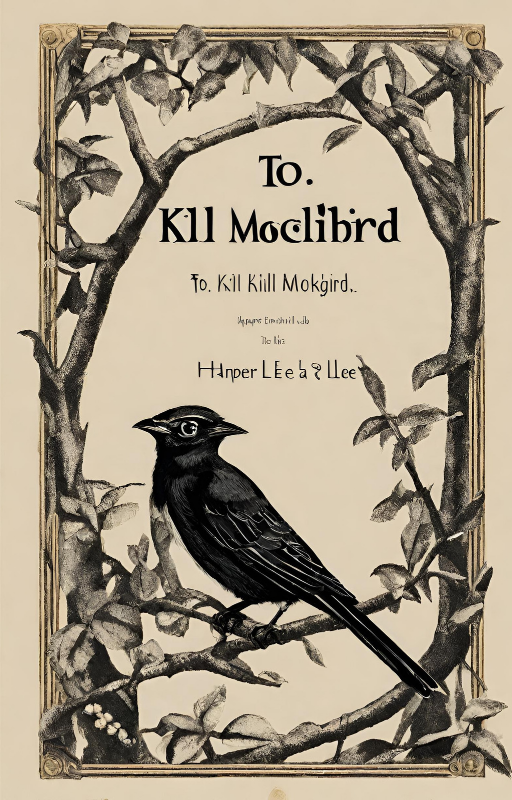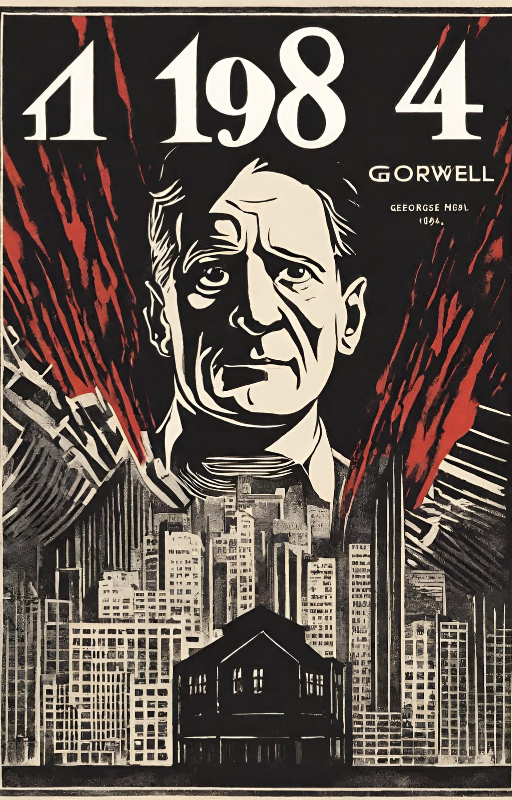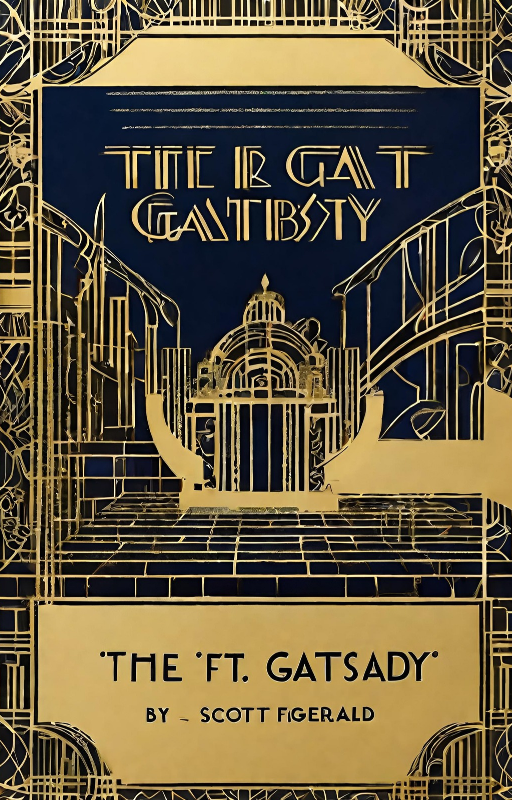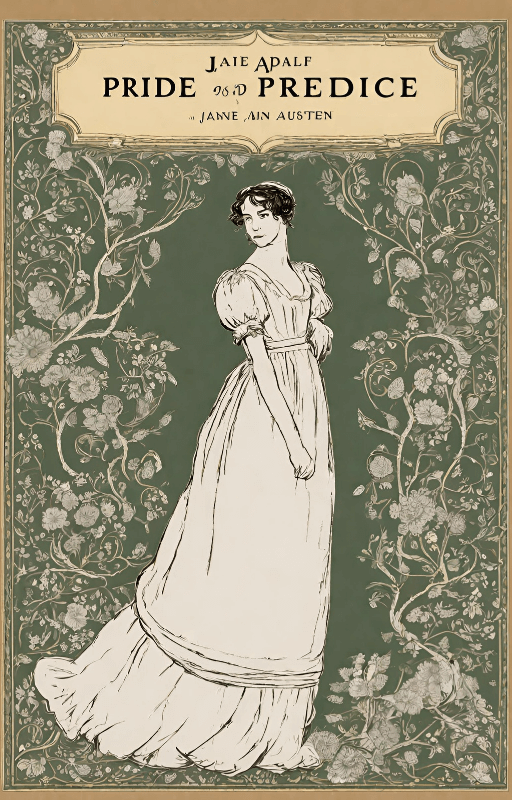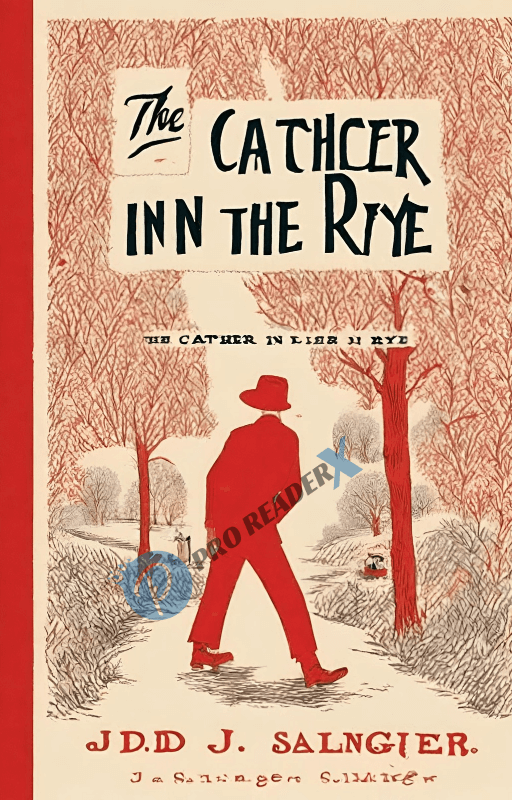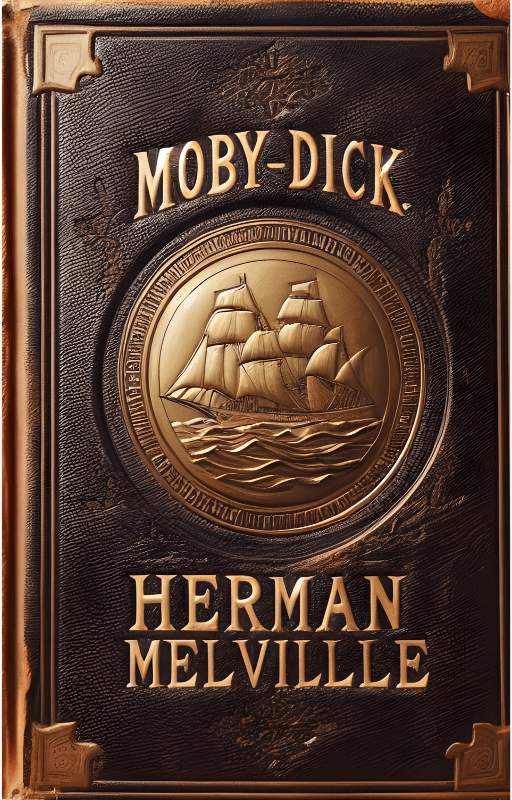Introduction
Readers everywhere find resonance in Paulo Coelho’s captivating story, “The Alchemist.” This fascinating book skillfully combines self-discovery, spirituality, and adventure into a complex narrative. Join us on a journey through history and discover the enchantment contained within its pages.
Background of the Author
Before we go into the core of “The Alchemist,” let’s briefly introduce the imaginative mind that created the masterwork. Brazil’s Paulo Coelho was born in 1947 in Rio de Janeiro. His writing path was everything but traditional. After first going after a career as a musician, Coelho switched to writing novels, taking cues from his personal travels and spiritual experiences.
Plot Summary
At the core of “The Alchemist” is the tale of Santiago, a young shepherd boy who sets out to find his mythology. Santiago’s trip, set against the backdrop of the Andalusian desert, takes him through experiences that upend his preconceptions and change how he sees the world. En route, he meets the mysterious alchemist, who turns out to be his mentor and guide on the road to self-discovery.
Key Characters
The story revolves around three prominent figures who influence Santiago’s path:
Santiago: The main character is driven by his unflinching will and faith in his aspirations.
The Alchemist: An enigmatic and knowledgeable person who gives Santiago ageless knowledge and points him toward his fate.
Fatima: Santiago’s romantic interest is a source of inspiration and optimism throughout his trip.
Major Themes
Readers can relate strongly to several significant concepts that “The Alchemist” explores:
Personal Legend: The idea of achieving goals against all obstacles and living out one’s destiny.
Destiny: the conviction that a preset route to satisfaction and enlightenment guides every person.
The Soul of the World: the kinship of all living things and the universal language of spirituality and compassion.
Symbolism
Coelho uses rich symbolic meaning throughout the book to express more profound philosophical ideas:
The Desert: Meaningful of the path of self-realization and the challenges one must face to reach their full potential.
The Oasis shows times of calm and insight among the ups and downs of life.
The Philosopher’s Stone: a self-realization and metamorphosis alchemical process metaphor.
Lessons and Inspirations
“The Alchemist” is more than just a story; it’s a profound meditation on life, love, and the pursuit of happiness. Some key lessons include:
Pursuing dreams: The value of hearing our feelings and finding the guts to follow our interests in the face of hardship.
Embracing change: Acquiring the ability to believe in the universe’s purpose for us and to welcome change as a regular aspect of existence.
Trusting intuition: the ability of intuition as a compass in negotiating the complexity and unknowns of life.
Literary Analysis
Coelho’s approach is defined by simple and lyrical language, enabling readers to engage emotionally with the plot. His use of symbolism and allegory gives the story layers of richness and makes readers consider the biggest riddles in life.
Reception and Impact
Readers and critics have praised “The Alchemist” since its 1988 release. Millions of book copies have been sold globally, and it continues to inspire readers of all ages. It has been translated into more than 80 languages.
Adaptations and Translations
“The Alchemist” has been made into stage plays, graphic novels, and even a feature film, among other media. Because its timeless wisdom and universal themes cut across cultural divides, readers from all walks of life may enjoy it.
Quotes and Memorable Lines
The following are some of the most memorable passages from “The Alchemist”:
“And, when you want something, all the universe conspires to help you achieve it.”
“The possibility of having a dream come true makes life interesting.”
“When you can’t go back, you must worry only about the best way to move forward.”
Controversies and Criticisms
Even with its enormous success, “The Alchemist” has drawn criticism for its purported simplicity and New Age spirituality in some areas. Still, many people contend that these attributes have helped explain its ongoing attraction to people worldwide.
Recommendations
Readers of many backgrounds can enjoy the ageless classic The Alchemist, which cuts across genres. This fascinating story will impact readers whether they’re on a path of self-discovery or just looking for motivation.
Conclusion
Finally, Paulo Coelho’s literary masterwork “The Alchemist” never ceases to enthrall readers with its global themes and ageless wisdom. Coelho reminds us of our enchantment, the power of dreams, and the need to follow our emotions via Santiago’s journey.
FAQs
Q1. Is “The Alchemist” based on a true story?
Though it’s fiction, Coelho’s personal spiritual experiences and journey inspire the book.
Q2. Who should see “The Alchemist”?
Teenagers and adults may all enjoy “The Alchemist.”
Q3. Are there any “The Alchemist” follow-up books?
No, “The Alchemist” is a stand-alone book. But Celho has also written many other books with distinct characters and topics.
Q4. Why is “The Alchemist” titled as it is?
The title metaphorically alludes to the process of metamorphosis and self-discovery, just as the real alchemist Santiago meets on his travels.
Q5. Are there audiobooks for “The Alchemist”?
Indeed, “The Alchemist” features narration by various actors and voice artists, ensuring a fully immersive listening experience.
